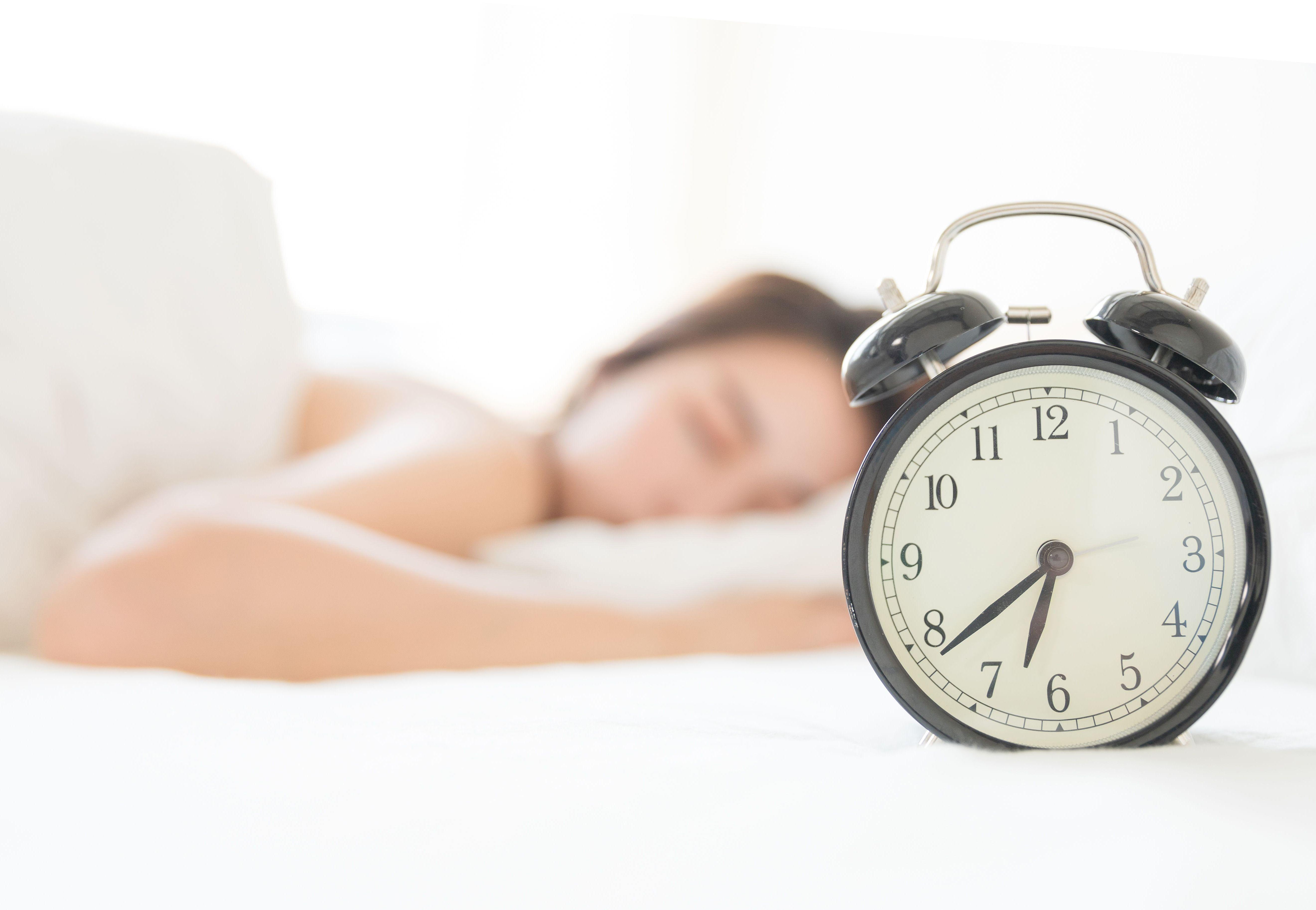Introduction to Sleep Hygiene
Sleep hygiene is a set of habits and practices that help you get the best possible sleep. It’s all about creating an environment and routine that promotes quality rest. Good sleep hygiene can make a huge difference in how well you sleep, and it has a direct impact on your overall health and well-being. When you prioritize sleep, you’re not just ensuring a good night’s rest; you’re also setting yourself up for better physical and mental health, improved mood, and increased productivity.
Establishing a Regular Sleep Schedule
Consistency is key when it comes to sleep. Going to bed and waking up at the same time every day, even on weekends, helps your body establish a natural rhythm. This regularity can lead to more restful and consistent sleep, making it easier to fall asleep and wake up feeling refreshed. Think of it as training your body to expect sleep at a certain time, much like how you might train a pet to follow a routine.
How a Consistent Sleep Schedule Helps Regulate the Body's Internal Clock
Your body has an internal clock, known as the circadian rhythm, which regulates your sleep-wake cycle. A consistent sleep schedule helps keep this clock in sync with the natural light-dark cycle of the day. When your circadian rhythm is in harmony, you’ll find it easier to fall asleep, stay asleep, and wake up naturally. This can reduce the need for alarms and make mornings less of a struggle.
Tips for Gradually Adjusting Your Sleep Schedule if Needed
If you need to adjust your sleep schedule, do it gradually. For example, if you want to go to bed earlier, start by moving your bedtime back by 15 minutes every few days until you reach your desired time. Similarly, if you need to wake up earlier, start by setting your alarm 15 minutes earlier each day. This gradual adjustment will be less jarring for your body and increase the likelihood of success.
Creating a Restful Sleeping Environment
A comfortable mattress and pillows are essential for a good night’s sleep. A supportive mattress that fits your body type and sleeping position can significantly reduce aches and pains, while the right pillow can keep your neck and spine aligned. Investing in high-quality bedding can make a big difference in how well you sleep and how you feel the next day.
The Importance of Controlling Noise, Light, and Temperature in the Bedroom
Your bedroom should be a sanctuary for sleep. Controlling noise, light, and temperature can help create a more restful environment. Use blackout curtains or shades to block out light, especially if you live in a bright area or have streetlights nearby. Consider using a white noise machine or earplugs to block out disruptive sounds. Keep the room at a cool, comfortable temperature, ideally between 60-67 degrees Fahrenheit (15-19 degrees Celsius), as this range is optimal for sleep.
Ideas for Making the Bedroom Conducive to Sleep
In addition to controlling noise, light, and temperature, there are other ways to make your bedroom more conducive to sleep. Declutter the space to create a calm, peaceful atmosphere. Use soft, soothing colors and consider adding some plants, which can improve air quality and add a touch of nature. Make sure your bedding is clean and comfortable, and consider using aromatherapy with scents like lavender, which can promote relaxation.
Developing Pre-Sleep Rituals
Having a pre-sleep routine can signal to your body that it’s time to wind down. These routines can help calm your mind and relax your body, making it easier to fall asleep. Consistency is key here, too. Try to follow the same sequence of activities each night, so your body starts to associate these actions with sleep.
Examples of Relaxing Activities Before Bedtime
There are many relaxing activities you can incorporate into your pre-sleep routine. Reading a book, taking a warm bath, practicing gentle yoga, or doing some light stretching can all help you unwind. Listening to calming music or a guided meditation can also be beneficial. The goal is to engage in activities that are soothing and help you transition from the busyness of the day to a state of rest.
The Role of Avoiding Screens and Stimulating Activities Close to Bedtime
Avoiding screens and stimulating activities close to bedtime is crucial. The blue light emitted by electronic devices can interfere with your body’s production of melatonin, the hormone that regulates sleep. If you must use screens, consider using blue light filters or wearing blue light-blocking glasses. Additionally, avoid engaging in intense or stressful activities, such as working or exercising, close to bedtime, as these can make it harder to fall asleep.
Managing Diet and Exercise for Optimal Sleep
What you eat and how you exercise can significantly impact your sleep quality. A balanced diet and regular exercise can help you sleep better, but it’s important to pay attention to what and when you consume and how you move your body.
Foods and Beverages That Can Help or Hinder Sleep
Certain foods and beverages can either help or hinder your sleep. Foods rich in tryptophan, such as turkey, chicken, and dairy products, can promote sleep. Magnesium-rich foods like almonds and spinach can also be beneficial. On the other hand, caffeine and alcohol can disrupt sleep. Caffeine, found in coffee, tea, and chocolate, can keep you awake, while alcohol, though it may initially make you feel drowsy, can disrupt your sleep later in the night.
Recommendations for the Timing of Meals and Workouts to Promote Better Sleep
Timing is everything when it comes to meals and workouts. Try to finish eating at least 2-3 hours before bedtime to allow your body to digest. Large, heavy meals close to bedtime can cause discomfort and disrupt sleep. As for exercise, aim to finish your workout at least 2-3 hours before bed. While regular exercise is great for sleep, intense workouts too close to bedtime can leave you feeling too energized to fall asleep.
Coping with Stress and Anxiety to Improve Sleep
Stress and anxiety can make it difficult to fall asleep and stay asleep. Managing these feelings throughout the day can help you sleep better at night. Techniques such as deep breathing, progressive muscle relaxation, and mindfulness can be effective. Regular physical activity, journaling, and talking to a friend or therapist can also help reduce stress and anxiety.
Relaxation Methods to Practice Before Bed
Before bed, try some relaxation techniques to help you unwind. Deep breathing exercises, such as the 4-7-8 technique, can be very effective. Guided meditations, whether through apps or recordings, can also be helpful. Progressive muscle relaxation, where you tense and then relax different muscle groups, can release tension and promote relaxation. Experiment with different methods to find what works best for you.
The Importance of Addressing Underlying Issues That May Be Affecting Sleep
Sometimes, sleep problems are a symptom of underlying issues. If you’re consistently having trouble sleeping, it may be worth exploring whether there are deeper issues at play, such as chronic stress, anxiety, or depression. Talking to a healthcare provider or a mental health professional can help you identify and address these issues, leading to better sleep and overall well-being.
Good sleep hygiene is a powerful tool for improving your sleep and, by extension, your overall health and well-being. By establishing a regular sleep schedule, creating a restful sleeping environment, developing pre-sleep rituals, managing your diet and exercise, and coping with stress and anxiety, you can set yourself up for better sleep. The long-term benefits of these practices include improved physical health, better mental well-being, and increased productivity. So, make sleep a priority and start reaping the rewards of a good night’s rest.








